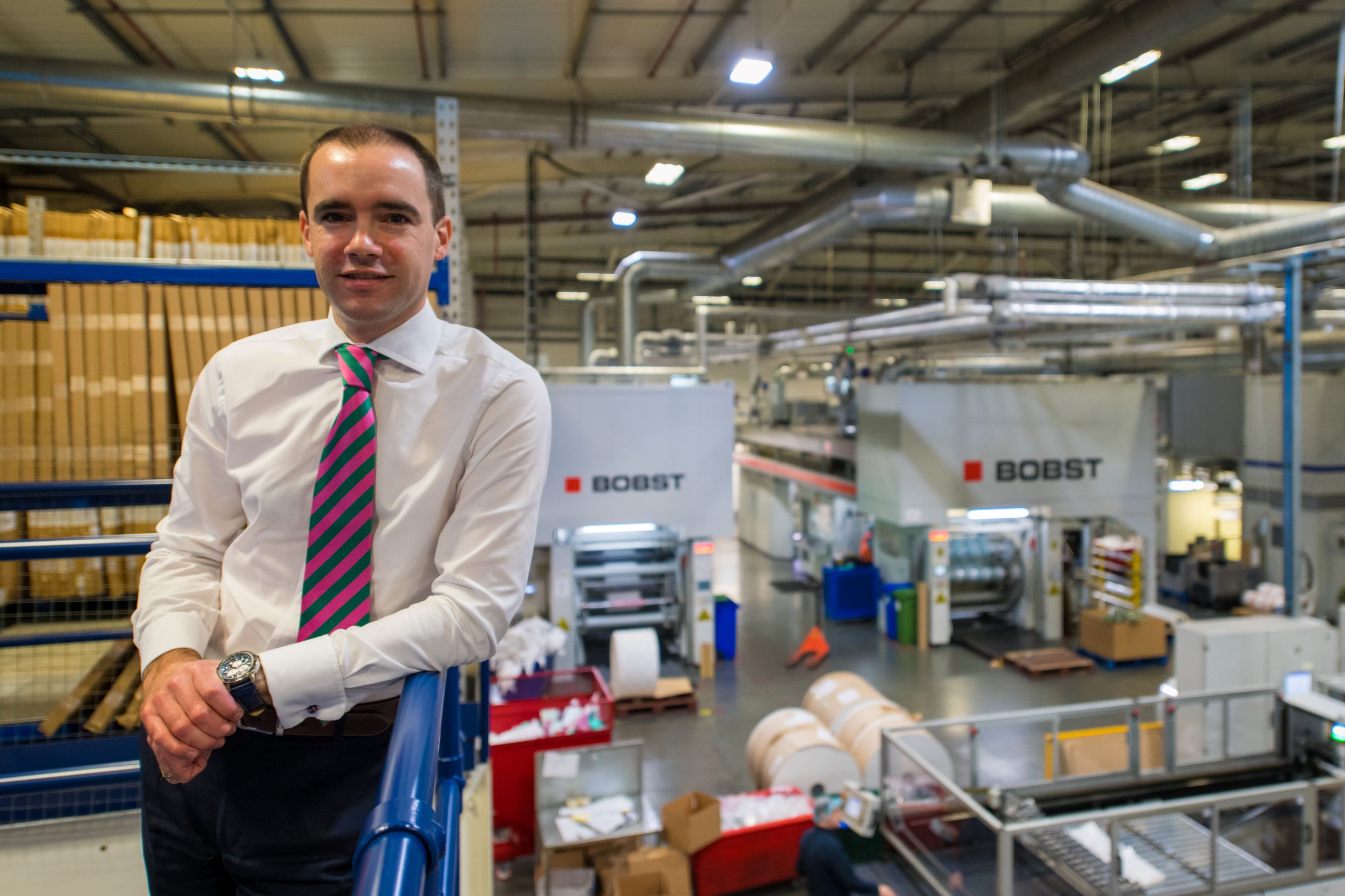“Ill-informed prejudice” damaging the crucial UK plastics industry

Ill-informed prejudice is seriously damaging the UK’s crucial plastics industry, according to a leading Yorkshire flexible packaging manufacturer.
Ben Roberts, sales director of Leeds-based Roberts Mart, said that he feared for the industry’s future if the current widespread vendetta against plastics continued unchallenged.
Mr Roberts commented: “Like many others, I was fascinated by David Attenborough’s majestic television series Blue Planet. Unfortunately the message that many people have taken away from Blue Planet, including it seems Prime Minister Theresa May, is that the British plastics industry does serious damage to the ecological balance of the UK and, indeed, the world.
“Earlier this month, Mrs May told BBC Breakfast that her Government was at the forefront of ‘the movement against plastics’. Not surprisingly, this sweeping statement was met with disbelief and dismay by the UK plastics industry, which has an annual turnover of £25.5 billion and is the third largest manufacturing sector in the country, providing 166,000 jobs.
“These crucial facts are lost in the hysteria whipped up anti-plastic campaigners, whose persistent and ill-informed vendetta is having a seriously detrimental effect on this vital industry. So much so that the industry is now having a difficult time recruiting staff and encouraging investment.
“It’s time to put the record straight. First up, and with due deference to Blue Planet, 82 per cent of the plastic that enters the ocean comes from Asia (notably from rivers like the Ganges); 16 per cent comes from the rest of the world; and only two per cent from the US and Europe. So the guilt some of us might feel about the state of the oceans, and the effect that might have on marine life, is misplaced,” said Mr Roberts.
He continued: “Equally importantly, it is crucial to understand that the problem is not plastics, which benefit both society and the environment. The problem is about how we treat plastic waste, which is a valuable and recyclable resource. Plastics themselves make a massive contribution to reducing the UK’s carbon footprint, they minimise food waste and they save energy.
“For example, recycling just one plastic bottle saves enough energy to power a 60W light bulb for six hours and recycling one tonne of plastic bottles saves 1.5 tonnes of carbon. Plastics also saves lives – with the protective plastic vests which police officers wear saving more than 3,000 lives over the past 30 years.
“Here at Roberts Mart, one of Yorkshire’s leading independent flexible packaging manufacturers, we are acutely aware of the importance of protecting the environment and of reducing plastic waste. For example, flexible packaging saves resources, such as food and product waste that occurs on the way to the store and while on display,” he explained.
Packaging typically reduces supermarket food and product waste by about one third. Packaging also displays vital information to the consumer such as any allergy advice and nutritional content.
Mr Roberts added “Without packaging we could not purchase liquids, gels, powders or out-of-season fruit. We would also have significant problems with food safety and hygiene. Food wastage would increase – this would have negative environmental impacts. Products sold loose have been found to suffer from greater instore waste, in some cases leading to increases of 20%. Damage and losses would occur to goods in the retail and logistics chain.
“It is absolutely right that we should be outraged by what is happening to marine life in the ocean. It is unacceptable. But it is also unacceptable, and counter-productive, to lay the blame about this at the door of the UK’s plastics industry.
“Our industry is far too valuable an economic resource to be treated as a political football. It is high time a more nuanced and informed debate took place, which is based on facts, rather than prejudice and ill-informed opinion.”







